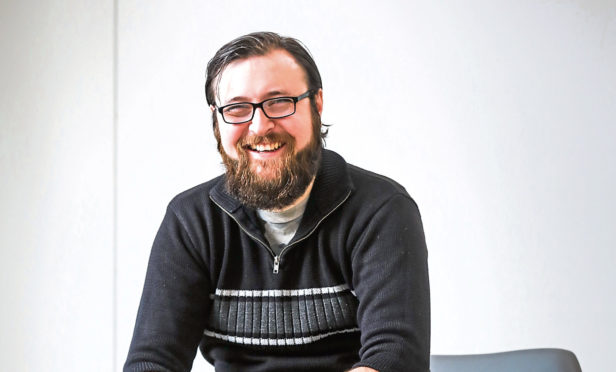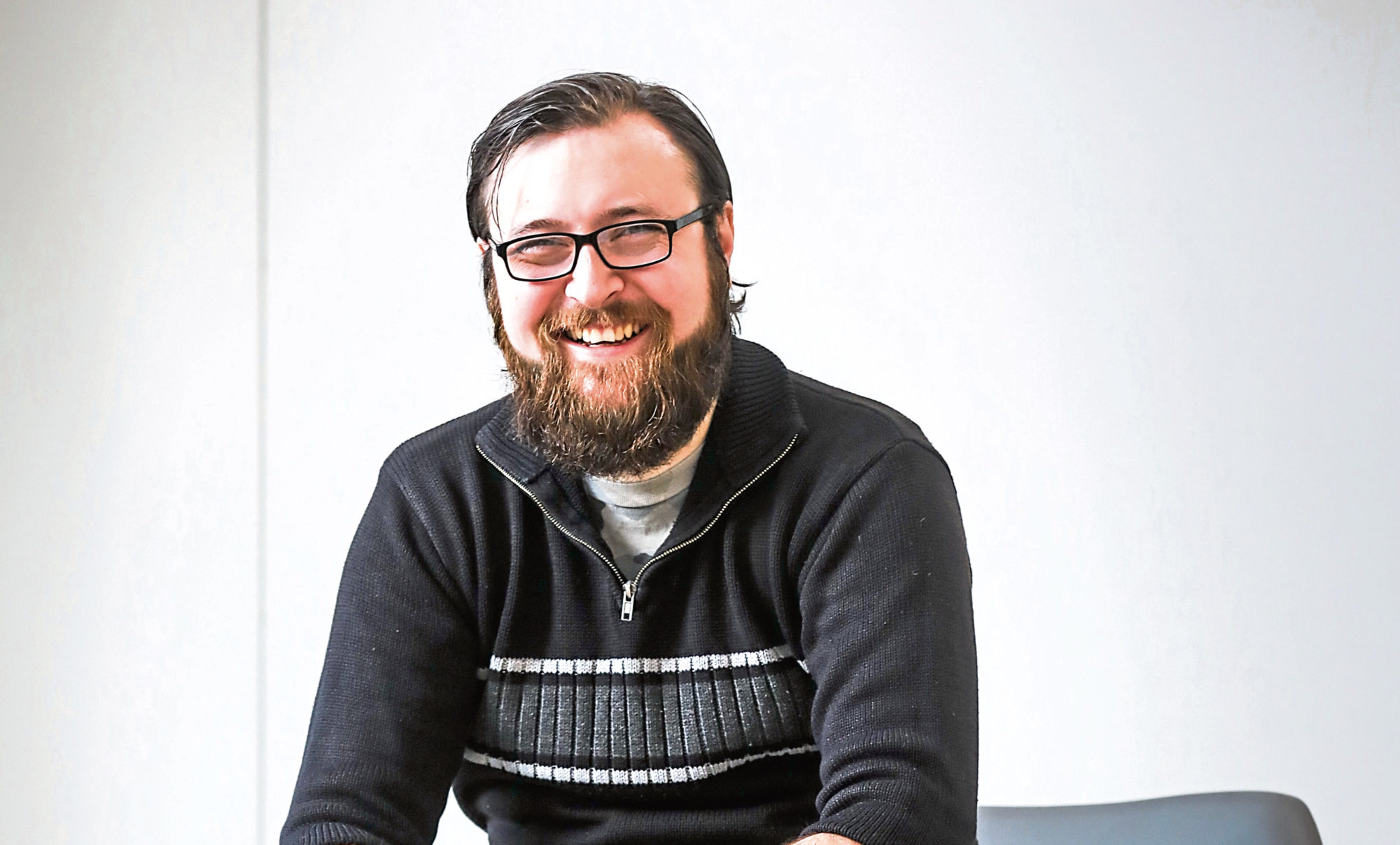I remember the first time I ever contemplated suicide.
It was 2011 and I was going through a turbulent time with my employer.
Reflecting back, I am thankful that I did not act upon the variety of brutal scenarios playing out in the dark corridors of my mind.
Suicide statistics released earlier this year revealed that, of those who succeeded in taking their own lives, 73% were men and 47% were in my particular age bracket.
New figures released last week also highlighted that Scotland has the highest suicide rate in the UK.
Therefore, if suicide had a target audience, I would tick all the boxes.
The second week of October was Mental Health Awareness Week and, as it drew to a close, I spoke to a woman named Nicola about her journey with mental ill health.
Nicola, 39, is a single mum after separating from an abusive partner.
Four of her five children live with her and her eldest daughter, who is 20, stays a 40-minute train journey away with her aunt due to the over-occupancy of their home.
-
Unplugging from life at Pluscarden Abbey is the ultimate in relaxation
-
My enduring love affair with the medium of print
At her absolute lowest point, Nicola attempted to take her life while her children slept.
She traces the deterioration in her mental health to her mid-20s and the abusive relationship she was in at the time.
Her then partner stole from her, cheated on her multiple times and denied her access to money.
On one occasion, he also locked her and their children in their home.
When social services were called and came out, Nicola was unable to let them in because he had left with the house key.
At this point, she was prescribed antidepressants and was later sectioned twice and subjected to electric shock therapy, which resulted in partial memory loss and headaches which she still experiences.
The biggest barrier to her mental resilience currently relates to Universal Credit.
>> Keep up to date with the latest news with Evening Telegraph newsletter
Nicola said: “When I go to the Jobcentre, I go in shaking and sweating and the security guards treat me like a criminal.”
Each month, she has £350 deducted from her benefit payment due to repaying part of the advance she received during the five-week wait for Universal Credit, repaying an administrative overpayment of child tax credits she was unaware of and, finally, a deduction because of the benefit cap, which only covers the cost of two children unless you have had another as a result of rape.
In addition to this, Nicola also has £7,000 of outstanding debt.
Nicola has been let down by every individual and institution in whom her wellbeing has ever been placed and my fear is we are creating a society no one wants – neither those enjoying the benefits of prosperity nor those bearing the scars of austerity.
But it is the latter section of society whose security we are all morally responsible for.

